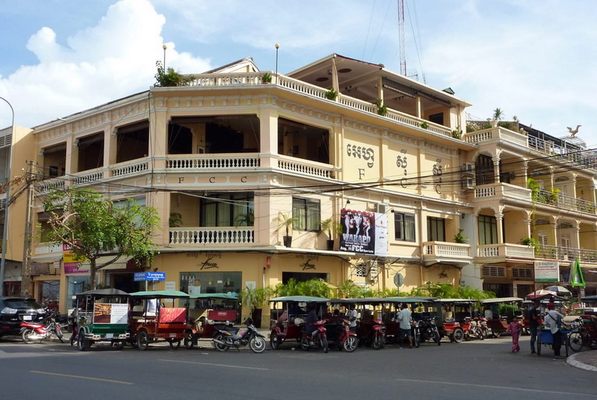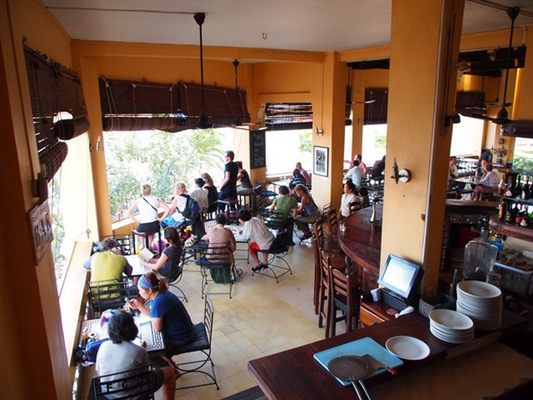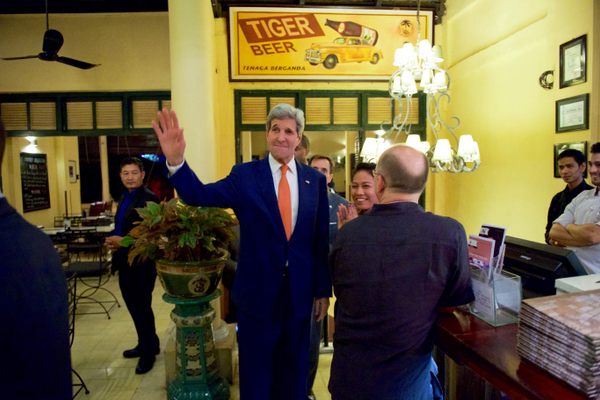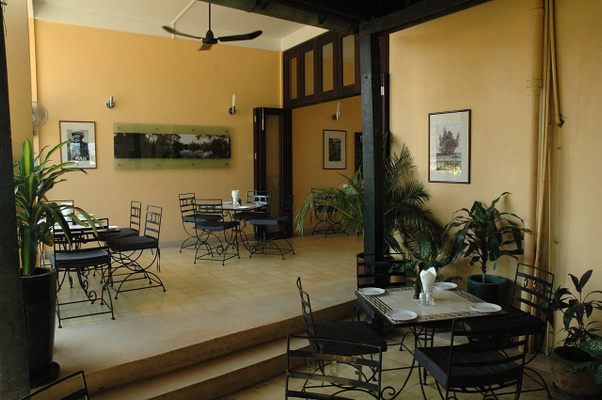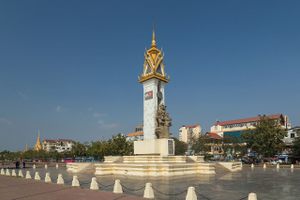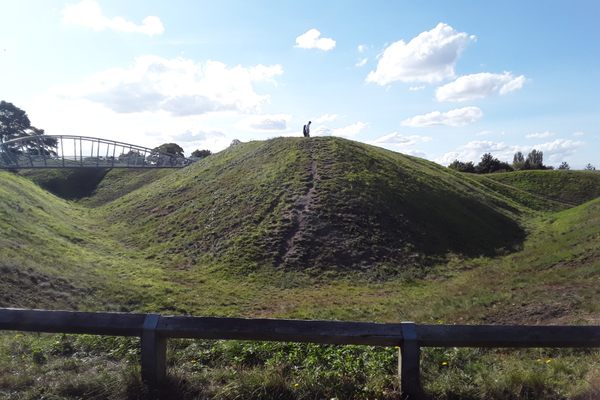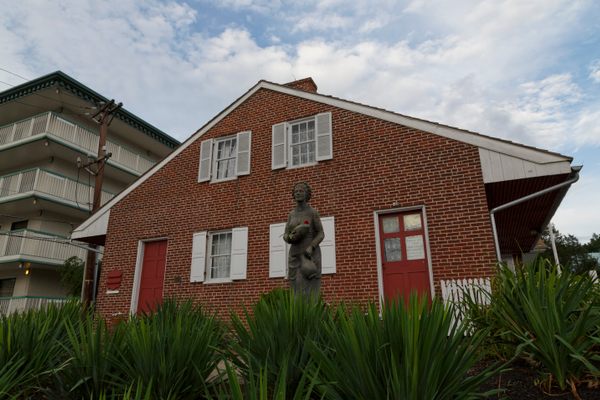About
Founded in the early 1990s, the Foreign Correspondents Club (FCC) became the main meeting place and drinking spot for foreign journalists in Phnom Penh. Today, the FCC has retained the atmosphere of its earlier days, although the clientele has shifted from war reporters to expats and visiting tourists.
After the signing of the Paris Peace Agreements of October 1991, foreign journalists started to pour into Phnom Penh as Cambodia began its move towards peace and stability. Decades of turmoil, of civil war and Cold War intrigues, had torn the country apart, and the atrocities committed by the Khmer Rouge were yet to be put on trial.
Lacking a place to call their own, and bored of drinking in rundown bars in the capital, a small group of journalists came up with the idea of establishing their own club for expatriate reporters and photographers in Phnom Penh. So was born the Foreign Correspondents Club, located in a three-story colonial-style building with exceptional views over the Tonle Sap River.
The doors opened in June 1993. During the launch party, co-founder and Agence France-Presse correspondent Leo Dobbs stood up on one of the club's wooden art deco-like chairs and made a succinct but important announcement: the FCC, he told the gathered revelers, “is a place where we can offer friendship between Cambodians and the rest of the world.”
Over the following years, the FCC played a vital role for journalists in Cambodia. Not only as a bar and restaurant, it also became a leading cultural and intellectual center in Phnom Penh. It held panel discussions on human rights, press conferences, photo exhibitions, and featured a range of guest speakers and panelists from various walks of life, including politicians, authors, dancers, journalists, royal biographers, and Buddhist monks.
Today, the FCC remains an iconic landmark in Phnom Penh, although the link between the club and the foreign correspondents it was created for has diminished. It's still just as popular, but you're more likely to find regular locals, expats, and tourists sipping gin and tonic at the bar rather than war photographers from Reuters.
That said, the FCC does retain much of its old atmosphere, and the sense of history and adventure is palpable as you sit beneath the ceiling fans, looking out across the river. You never know when a journalist or a high-level diplomat might pop in. In 2016, U.S. Secretary of State John Kerry visited the FCC before a series of meetings with Cambodian leaders.
Related Tags
Know Before You Go
The FCC is now a hotel, restaurant, and bar, all open to the public (accredited foreign correspondents still receive a discount). The menu includes various cocktails and plenty of dining options, many of which blend Cambodian and Western influences. The restaurant and bar are open daily from 7 a.m. to midnight, with a happy hour from 5 to 7 p.m.
Published
September 10, 2018
Sources
- https://www.phnompenhpost.com/post-weekend/%E2%80%98-fcc-quickly-became-capital%E2%80%99s-cultural-and-intellectual-centre%E2%80%99
- https://www.travelblog.org/Asia/Cambodia/Central/blog-650256.html
- https://timesofindia.indiatimes.com/travel/phnom-penh/the-foreign-correspondents-club-the-fcc/ps52008065.cms
- https://fcccambodia.com/our-story/
